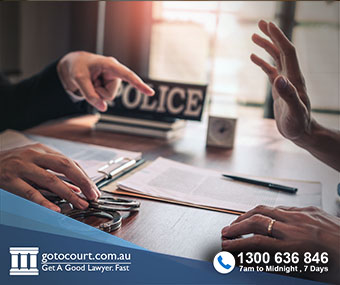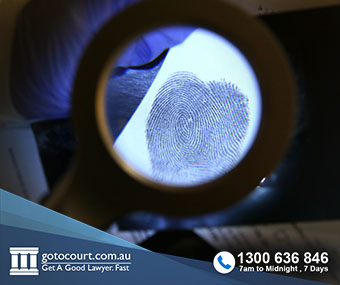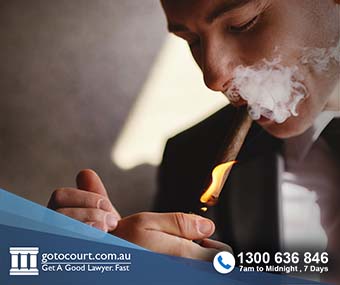Honest and Reasonable Mistake Defence (Qld)
Certain criminal offences fall under the category of ‘strict liability offences.’ These are offences for which the prosecution is not required to prove that the accused had an intention to commit the crime. In other words, a strict liability offence does not have a mens rea, or ‘guilty mind’ element. When a person is charged with a strict liability offence, the defence of honest and reasonable mistake of fact is available.
Legislation
In Queensland, the defence of honest and reasonable mistake is governed by Section 24 of the Queensland Criminal Code Act 1899. This provision states:
“A person who does or omits to do an act under an honest and reasonable, but mistaken, belief in the existence of any state of things is not criminally responsible for the act or omission to any greater extent than if the real state of things had been such as the person believed to exist”
Effectively, this means that if the accused had a reasonable belief that a situation existed in which the accused’s actions (or lack thereof) would not have amounted to a criminal offence, then the accused is innocent insomuch as they would have been innocent had their mistaken belief been true.
Mistake of fact or mistake of law?
It is crucial to distinguish between a mistake of fact and a mistake of law. A mistake of law does not form a defence to a criminal act. Section 22 of the Queensland Criminal Code Act 1899 states:
“Ignorance of the law does not afford any excuse for an act or omission which would otherwise constitute an offence, unless knowledge of the law by the offender is expressly declared to be an element of the offence”
It can sometimes be difficult to make a clear distinction between a mistake of fact and a mistake of law. To establish whether a mistake related to fact or to law, courts consider two principles:
Compound Events
In situations where both a mistake of fact and a mistake of law apply, the mistake will be considered a mistake of law.
Thing or place
Where a mistake involves a thing or place described in the legislation, it will be considered a mistake of law.
Who bears the onus?
In raising the defence of honest and reasonable mistake, the accused carries an evidentiary onus. This means that the accused will be required to produce evidence that they held a mistaken belief and of what contributed to the belief. However, once the defence has been raised, the onus shifts to the prosecution to prove beyond a reasonable doubt that no such belief was held by the accused.
Even when raised successfully, the defence of honest and reasonable mistake does not always amount to a full defence. The appropriate test to be applied is “To what extent would the accused have been criminally liable had the state of things been as the accused mistakenly believed them to be?”
Case law
In the 1937 case of Thomas v R, the defence of mistake of fact was successful in relation to a charge of bigamy. In Thomas, the accused raised the defence that he had believed “bona fide and on reasonable grounds” that his marriage to his former wife was invalid because the decree of divorce she had received on A previous marriage had not been absolute. The accused argued that he mistakenly believed that she was still a married woman when he married her. Latham CJ said: “The belief was that a decree absolute had not been made by the Supreme Court of Victoria. Whether or not such a decree had been made was a question of fact. If no decree absolute had been made, the marriage of the accused’s former wife would not have been dissolved and therefore, she would still have been a married woman when she married the accused. Thus, her marriage to the accused would have been invalid, and he would not have been a married person when he went through the ceremony of marriage with Miss Deed. Thus, if his belief as to the matter of fact mentioned had been true, he would not have been guilty of the offence charged.”
If you require legal advice or representation in a criminal law matter or in any other legal matter, please contact Go To Court Lawyers.
By Andy Bazzi, Solicitor






